- Tenono
- Institutional leadership institute for women and young women
- Institute on Youth Professional Leadership
XOESE in collaboration with GFCF Global Fund for Community Foundations and the Foundation for a Just Society launched the Tenɔnɔ program which means resilience in the Ewe language (a lingua franca spoken in Togo, Benin, Ghana and Côte d’Ivoire), the program aims to build the capacity and resilience of local women’s organizations to be effective, sustainable and independent actors contributing to gender equality and women’s empowerment.
This program includes several Tenɔnɔ components including:
- training,
- coaching sessions and
- a grant program.
As part of its capacity building and synergy activities, XOESE plans to open new institutes in the near future.
This institute will be open to all organizations that have received one or more grants in previous years and that meet the criteria of the terms of reference published during the calls for participation.
This institute will be coupled with a time called “Annual Reflection” which will allow for a review of the activities carried out by the organizations to invest in organizational growth and capacity building.
Sub-themes will include
- Importance of strengthening organizational leadership;
- Efficient internal system: Governance and control instruments (internal and external);
- Strengthening the management capacity of organizations,
- Human Rights Based Approach,
- Management based on development results,
- Transparent and rigorous financial management,
- Human resource management,
- Management of internal processes that support programs (staffing and professional development, fundraising, financial management, and facilities management).
Women and young women are critical to economic growth around the world. Globally, they represent about 50% of the population, 40% of the workforce, but own only about 1% of the world’s wealth. They are an important lever for development and wealth creation because, unlike men, they invest the majority of their income in the health, education and well-being of their families and communities.
Nevertheless, they face many societal and systemic barriers that severely limit their ability to fully participate in the economy of their communities and countries. This has a significant impact on their ability to develop their full entrepreneurial potential, earn money, and provide for those around them. In our countries, most of them are content to run small businesses in the informal sector without considering expanding their activities or migrating to the formal sector.
Although there has been an encouraging increase in entrepreneurial initiatives by women and young women over the past decade, more effort is needed to overcome the specific factors that discourage them from starting or taking over small or medium-sized businesses. More importantly, there is an urgent need to create an enabling environment where those who run small businesses can more easily formalize and expand them.
Measures to encourage the creation and expansion of businesses initiated by women and young women and/or their groups can take many forms. They must include addressing the main problem of access to finance. While in some countries legislation will need to be revisited to facilitate their access to resources and financing, in others the main need is to facilitate their access to appropriate information.
Another key issue that needs to be addressed relates to the economic policies that govern trade in the target countries. These are logically derived from global macroeconomic policies that are generally not gender sensitive and do not seek to specifically address the needs of women and young businesswomen.
Therefore, XOESE, Le Fonds pour les Femmes Francophones, which has identified the economic empowerment and professional leadership of women and young women as one of its priority areas, encourages the creation and expansion of businesses initiated by young women. It is within this framework that an Institute on Young Women’s Professional Leadership will be launched, aimed at young women with innovative projects who wish to embrace the career of entrepreneurship.
With the following objectives:
- Strengthen the capacity of participants in business creation and management;
- To develop the leadership skills of participants in order to encourage innovation in their sectors of activity
